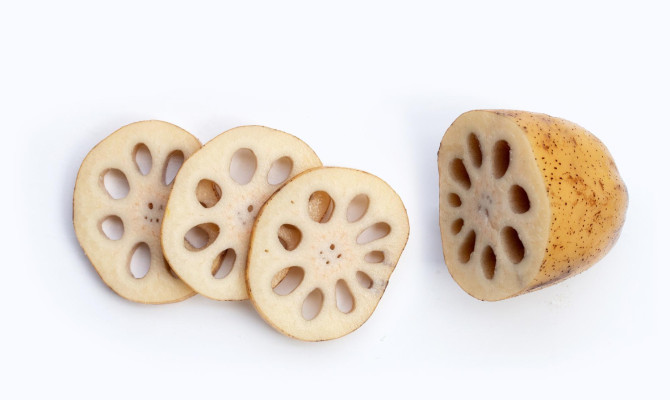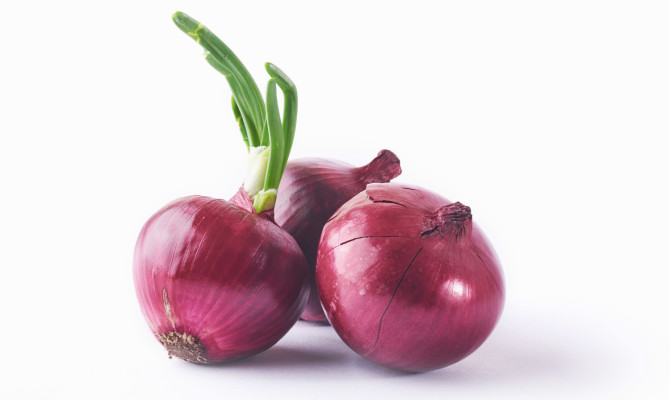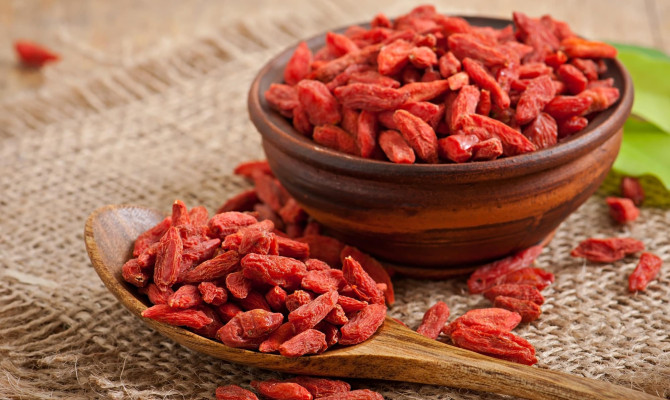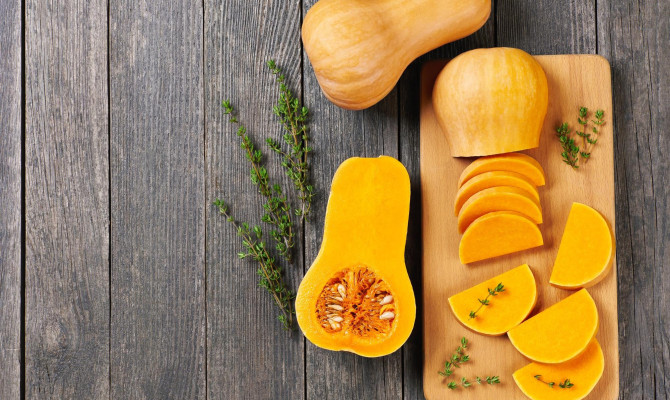Unveiling Delicious Kimchi: Nutrition profile and Benefits

- Kimchi
- 22 Aug 2023
Overview
About Kimchi
Kimchi, a popular traditional Korean dish, has won many fans worldwide with its distinctive flavor combination and beneficial properties. It is made of fermented, salty vegetables such as green onions, radish, green garlic, and napa cabbage, among others. More than just a tasty side dish for Korean dishes, this spicy, sour, and fermented combination is a nutrition powerhouse with many health advantages. Some foods and beverages can have their shelf lives extended by using the fermentation process, which uses microorganisms and enzymes to change the product’s chemical composition.
This article explores the wonders of kimchi, including its nutritional value, health benefits, culinary adaptability, warnings, and potential interactions.
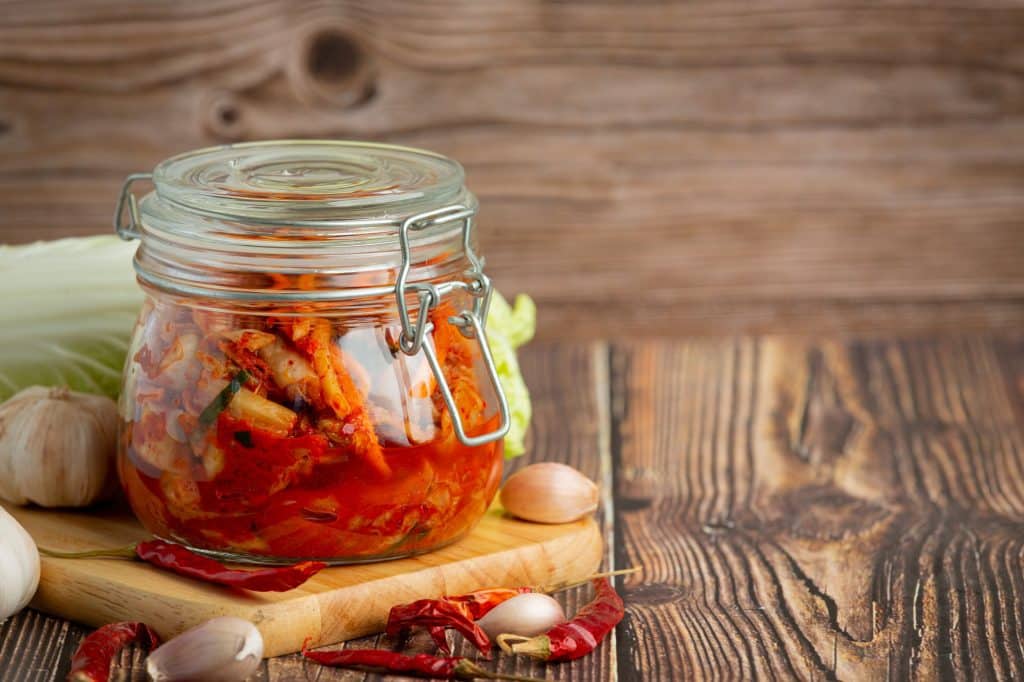
Nutrition
Nutrition value of Kimchi
Kimchi has an exceptional nutritional profile and is high in antioxidants, vitamins, and minerals. A cup (150 grams) of kimchi might have around :
- Water –141 g
- Calories – 23 Kcal
- Carbohydrates – 3.6 g (1% of DV)
- Protein – 1.7 g (3% of DV)
- Fat – 0.8 g (1% of DV)
- Fiber – 2.4 g (9% of DV) 1Nutrition| Researched based study from Usda.gov
Minerals
- Potassium – 226 mg (5% of DV)
- Calcium – 50 mg (4% of DV)
- Magnesium – 21 mg (5% of DV)
- Phosphorus – 36 mg (3% of DV)
- Sodium – 747 mg (32% of DV)
- Iron – 3.8 mg (21% of DV)
- Zinc – 0.33 mg (3% of DV)
- Copper – 0.036 mg (4% of DV)
- Selenium – 0.75 µg (1% of DV)
Vitamins
- Niacin – 1.65 mg (10% of DV)
- Vitamin B-6 – 0.32 mg (19% of DV)
- Riboflavin – 0.315 mg (24% of DV)
- Pantothenic acid – mg (% of DV)
- Thiamin – 0.015 mg (1% of DV)
- Vitamin K – 65.4 µg (55% of DV)
- Vitamin A – 7.5 µg (1% of DV)
- Beta carotene – 82.5 µg
- Alpha carotene – 1.5 µg
- Folate – 78 µg (20% of DV) 2Nutrition| Researched based study from Nutritionvalue.org
- Lutein + Zeaxanthin – 73.5 µg
- Vitamin E (alpha-tocopherol) – 0.165 mg (1% of DV)
- Choline – 23.2 mg (4% of DV)
(Note: g – grams, mg – milligrams, µg – micrograms, %, (DV) Daily Value – is the number of nutrients on a plate of food that go toward a person’s daily dietary needs.)
Health Benefits
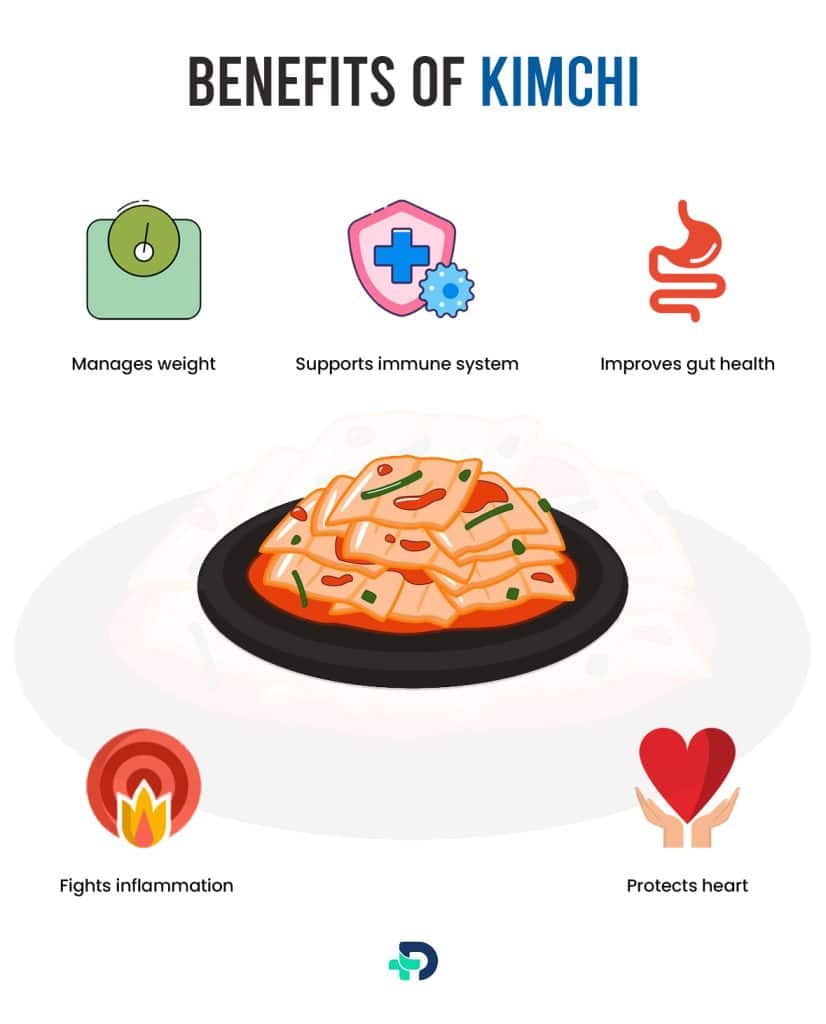
Health Benefits of Kimchi
Due to its many variations, kimchi’s nutritional value might change. However, it typically contains a lot of nutrients and few calories.
The advantages of kimchi for health are as follows:
- Supports the immune system
- Manages weight
- Improves gut health
- Fights inflammation
- Protects heart
Supports immune system
- Antioxidants like vitamin C and beta-carotene, which strengthen the immune system’s defenses against damaging free radicals, are rich in kimchi1Health Benefits| Researched based study from Usda.gov
- Regular kimchi consumption may improve the body’s resistance to disease and infection3Health Benefits| Researched based study from Nlm.nih.gov
Manages weight
- Due to its low calorie and fat content, kimchi is a fantastic addition to diets for controlling weight4Health Benefits| Researched based study from Koreamed.org
- Its high fiber content encourages fullness, which reduces overeating, and its mildly spicy flavor may somewhat speed up metabolism, which helps with weight loss attempts.
Improves gut health
- Probiotics in kimchi are one of the food’s main advantages.
- Lactic acid bacteria are involved in fermentation because they turn carbohydrates into lactic acid5Health Benefits| Researched based study from Health.harvard.edu
- This procedure produces an abundance of beneficial probiotics that aid digestion and support a balanced gut microbiota.
Fights inflammation
- Inflammation may be reduced by probiotics and other active ingredients found in fermented foods like kimchi6Health Benefits| Researched based study from Nlm.nih.gov
- It prevents and reduces the release of inflammatory chemicals, demonstrating anti-inflammatory effects.
Protects heart
- By lowering cholesterol levels, inhibiting the formation of new fat cells, and reducing inflammation, kimchi may lessen your chance of developing heart disease7Health Benefits| Researched based study from Nlm.nih.gov
Selection
How to Choose Kimchi?
Several aspects come into play when choosing kimchi to ensure you obtain the highest quality product:
- Check the ingredients – Look at the label for what was put into the recipe. Green onions, garlic, ginger, radish, and Napa cabbage are common ingredients in traditional kimchi. Preservatives and additives in excess should be avoided in products.
- Check the fermentation period – The fermenting process length affects kimchi’s flavor and nutritional value. Longer fermentation increases the flavor’s tanginess and probiotic content, whereas shorter fermentation produces a milder flavor.
- Look for freshness – Choose kimchi that is kept in sealed containers and stay away from any that show indications of mold or have an odd scent.
Culinary Uses
Culinary uses of Kimchi
The culinary versatility of kimchi goes beyond its use as an essential side dish. To a variety of foods, it can give a flavorful kick, including:
- Kimchi Fried Rice – Fried rice with chopped kimchi makes a spicy and filling dinner.
- Kimchi Stew (Kimchi Jjigae) – A mainstay of Korean cooking, this substantial stew bursts with hot flavors and is often cooked with pork or tofu.
- Kimchi Pancakes (Kimchi Jeon) – These savory pancakes are great as an appetizer or snack because they blend the flavor of kimchi with a crunchy texture8Culinary uses| Researched based study from Asiasociety.org
Side effects
Side Effects and Precautions
Although kimchi is typically helpful and safe for most people, some people should use cautious:
- Sodium Content – Because kimchi is fermented, its sodium content may be significant. If you have high blood pressure or are on a low-sodium diet, you should limit your consumption of kimchi9Side effects| Researched based study from Nlm.nih.gov
- Allergies – specific individuals may be allergic to the shellfish or fish sauce used to make kimchi. Look for potential allergies on the label10Side effects| Researched based study from Nlm.nih.gov
- Stomach Sensitivity – Some people may have stomach discomfort due to the spiciness and fermentation of kimchi. If you have never tried kimchi, start with small pieces to determine your tolerance.
- Food poisoning – It is safe to eat kimchi because it’s fermented with harmless bacteria. However, the fermentation process in kimchi might result in food illness if it is improperly made or maintained. As a result, kimchi and other fermented foods should be consumed with caution by people with weakened immune systems11Side effects| Researched based study from Nlm.nih.gov
Interactions
Interactions with Medications
- Immunosuppressants – To avoid infections, patients taking immunosuppressant medications should avoid fermented foods like kimchi12Interactions| Researched based study from Healthonline.washington.edu Before ingesting a lot of kimchi, check with your doctor if you take medicine, especially immunosuppressants.
- People following a low-tyramine diet – must avoid foods like kimchi, sauerkraut, soy sauce, teriyaki sauce, and other fermented foods like tofu, miso, and fish sauce13Interactions| Researched based study from Cityofhope.org
Takeaway
Takeaway
Kimchi has become a delicacy people enjoy worldwide thanks to its exceptional nutrition, therapeutic effects, and culinary variety. Choose your kimchi thoughtfully, and use it in various meals to experience its nuances. People should take extra care if they use any medications or have any health problems that could cause kimchi to interact with them. Embrace this fermented Korean delicacy and get its numerous benefits while relishing the taste of tradition in every bite.
Any feedback on this article?
 This Articles content was accurate
This Articles content was accurate Very Informative Article
Very Informative Article I have a question or a comment
I have a question or a comment
 This article contains inaccurate content
This article contains inaccurate content This article was not helpful
This article was not helpful I have a question or a comment
I have a question or a comment
We appreciate your helpful feedback!
Checkout our social pages
References
-
U.S. DEPARTMENT OF AGRICULTURE
Kimchi | Nutrition
-
NutritionValue.org
Kimchi | Nutrition
-
National Library of Medicine
Antioxidant and immune-enhancing effects of probiotic Lactobacillus plantarum 200655 isolated from kimchi | Health Benefits
-
Korean Association of Medical Journal
Effect of Lactobacillus sakei, a Probiotic Derived from Kimchi, on Body Fat in Koreans with Obesity: A Randomized Controlled Study | Health benefits
-
Harvard Health Publishing
Fermented foods: Favorable for heart health? | Health Benefits
-
National Library of Medicine
Are Fermented Foods Effective against Inflammatory Diseases? | Health Benefits
-
National Library of Medicine
Beneficial Effects of Kimchi, a Korean Fermented Vegetable Food, on Pathophysiological Factors Related to Atherosclerosis | Health Benefits
-
Asia Society
Asia Society Korea’s Top 50 Kimchi Recipes of 2020 | Culinary Uses
-
National Library of Medicine
Effects of kimchi supplementation on blood pressure and cardiac hypertrophy with varying sodium content in spontaneously hypertensive rats | Side effects
-
National Library of Medicine
Fermented Food in Asthma and Respiratory Allergies—Chance or Failure? | Side effects
-
National Library of Medicine
Survival of Escherichia coli O157:H7, Salmonella enteritidis, Staphylococcus aureus, and Listeria monocytogenes in Kimchi | Side effects
-
Health Online
Diet Guidelines for Immunosuppressed Patients | Interactions
-
City Of Hope
FOOD AND DRUG INTERACTIONS | Interactions












